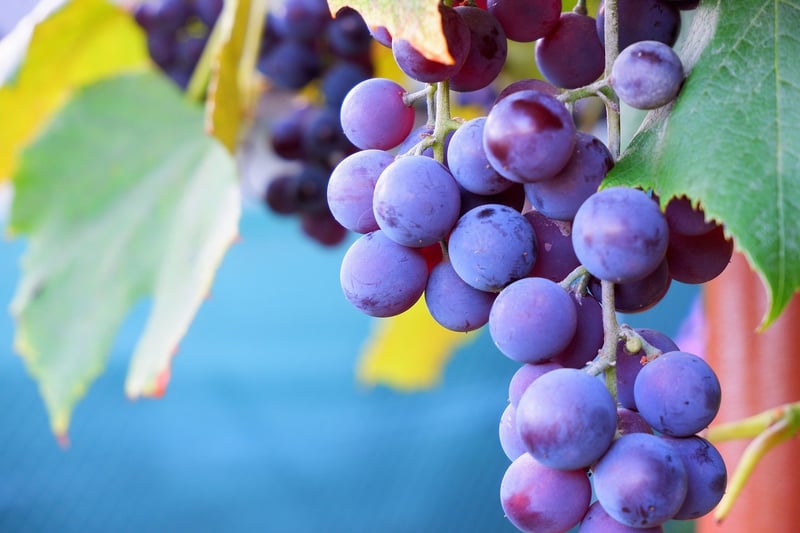Historical Influences
Dive into Culinary Traditions and Historical Influences
Exploring the rich tapestry of culinary traditions reveals a fascinating story of cultures intertwining through the ages. From ancient practices to modern fusion cuisine, the evolution of food reflects historical influences from around the world.
Ancient Culinary Roots
Ancient civilizations laid the foundation for many culinary traditions we enjoy today. The Egyptians, known for their lavish feasts, introduced staples like bread and beer. Meanwhile, the Greeks celebrated food as a central part of their social gatherings, giving rise to the concept of symposia.
Medieval Gastronomy
The Middle Ages saw the emergence of elaborate banquets and the proliferation of spices like cinnamon and pepper, brought to Europe through trade routes. The culinary traditions of this era were heavily influenced by the Arab world, leading to the introduction of ingredients like almonds and sugar.
The Age of Exploration
As European explorers set sail to distant lands, they encountered new flavors and ingredients that transformed culinary practices forever. The Columbian Exchange brought potatoes from the Americas to Europe, while spices like pepper and cloves became prized commodities.
Global Fusion Cuisine
In today's interconnected world, culinary traditions continue to evolve through globalization and cultural exchange. Fusion cuisine blends elements from different culinary traditions, creating innovative dishes that reflect our interconnected world.
Exploring New Flavors
Chefs around the globe draw inspiration from a myriad of influences, combining techniques and ingredients to create unique gastronomic experiences. From sushi burritos to kimchi tacos, fusion cuisine celebrates diversity and creativity in the kitchen.
Paying Homage to the Past
While embracing innovation, many chefs also pay homage to culinary traditions of the past. By incorporating ancient recipes and cooking methods into modern dishes, they preserve the heritage of diverse cultures for future generations to enjoy.
Celebrating Diversity
Food not only nourishes our bodies but also serves as a powerful tool for cultural exchange and understanding. By exploring culinary traditions and historical influences, we embark on a flavorful journey that connects us to the past while shaping the future of food.
Let's savor the diverse flavors of the world and celebrate the rich tapestry of culinary traditions that unite us across time and place!


